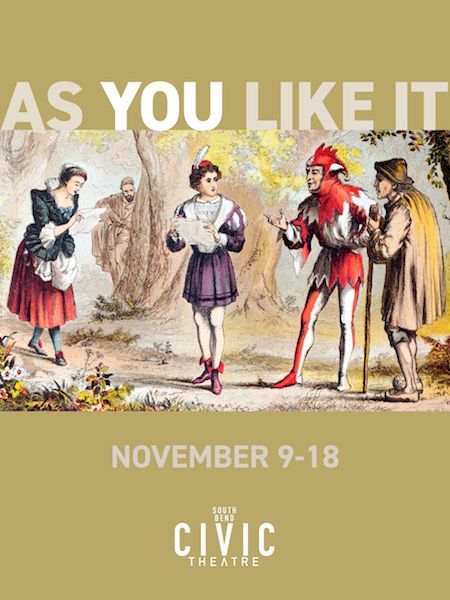Shakespearean Clowns And Fools
Jun 08, 2019 • 2406 views
The Shakespearean Fool is a recurring character type in the works of William Shakespeare. They are usually clever peasants or commoners who use their wits to amuse the people of higher social standing. In this sense, they are very similar to the real fools and jesters of the time but their characteristics are greatly heightened for theatrical effect. The Groundlings who were too poor to pay for seats at the Globe Theatre and thus stood on the ground were more likely to be drawn to these fools. However, they were also favoured by the nobility , most notably Queen Elizabeth.
Shakespeare’s fools, consistent with his revolutionary ideas about theatre became a complex character that could highlight more important issues . They address the themes of love, turmoil, personal identity and many other innumerable themes that arise in Shakespeare and Modern theatre. Clown scenes in Shakespeare’s tragedy mostly appear after a truly horrifying scene, which actually works as a comic relief to the ever building pressure like in Hamlet and Cleopatra. They speak truth to the other characters and also the audience. For ex Feste in Twelfth Night.
The fool figure remains one of the most intriguing stage characters in the Shakespearean drama. The presence of fool has been witnessed during the pre Shakespearean era too. But the major line of difference between the pre Shakespearean and the Shakespearean fools is the showcase of extraordinary wit by the Shakespearean fools. The purpose of the fools was confined to amuse the audience with their various skills. But Shakespeare gave a new edge to this character.

Shakespeare catered to the taste of all the sections of the society. The ‘Elite’ and the ‘Groundlings’ both were drawn towards his work. Thus, Shakespeare had an element of fascination for all. The ‘Groundlings’ who frequented the Globe theatre were more likely to be drawn towards these Shakespearean fools.
Shakespeare uses the character of ‘fool’ in at least 17 of his plays including ‘Twelfth night ‘, ‘As you like it ,’Hamlet’ and ‘king Lear’. Hence, it can be rightly concluded that Shakespearean fools are the diamonds in his legacy.
